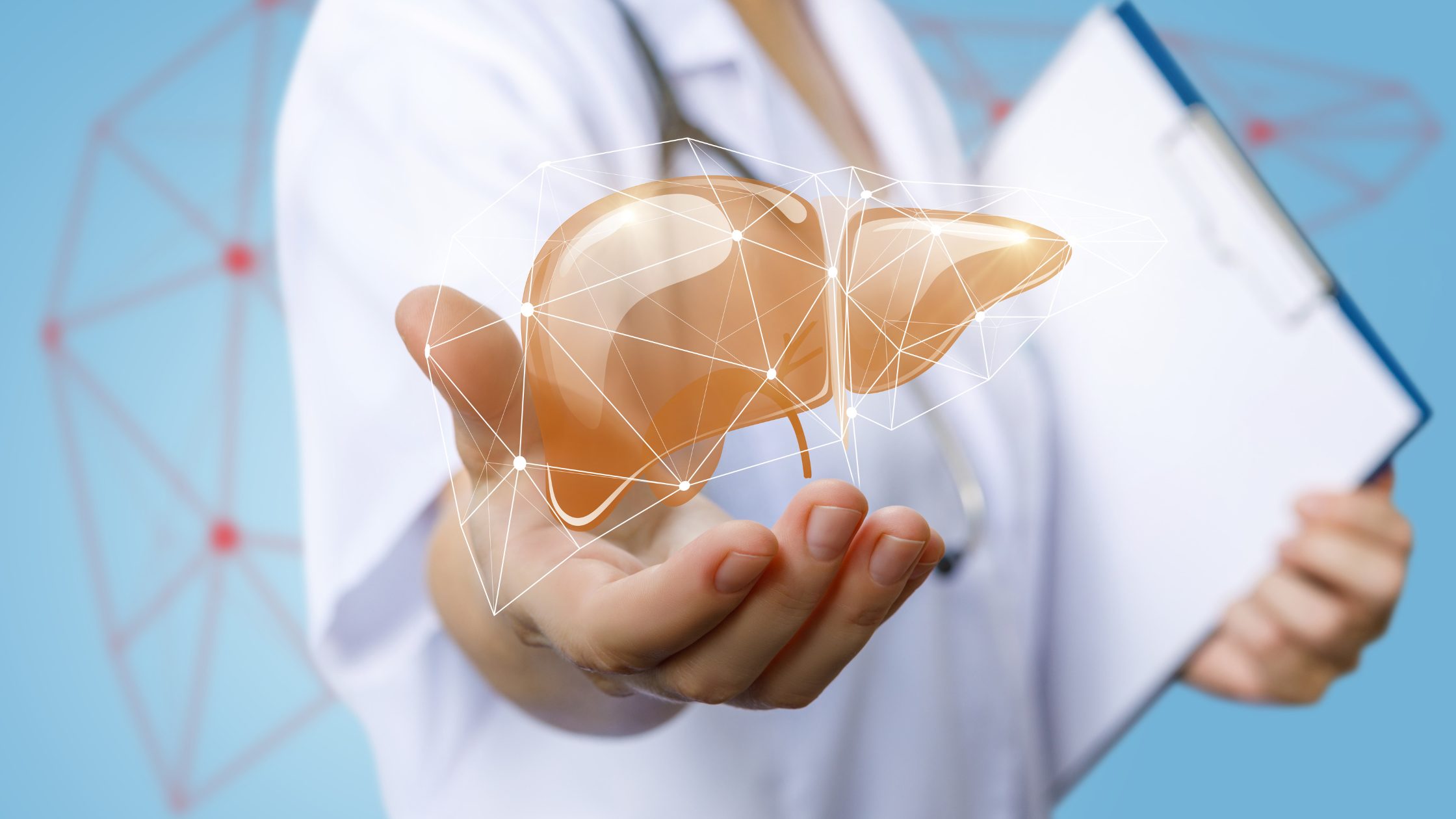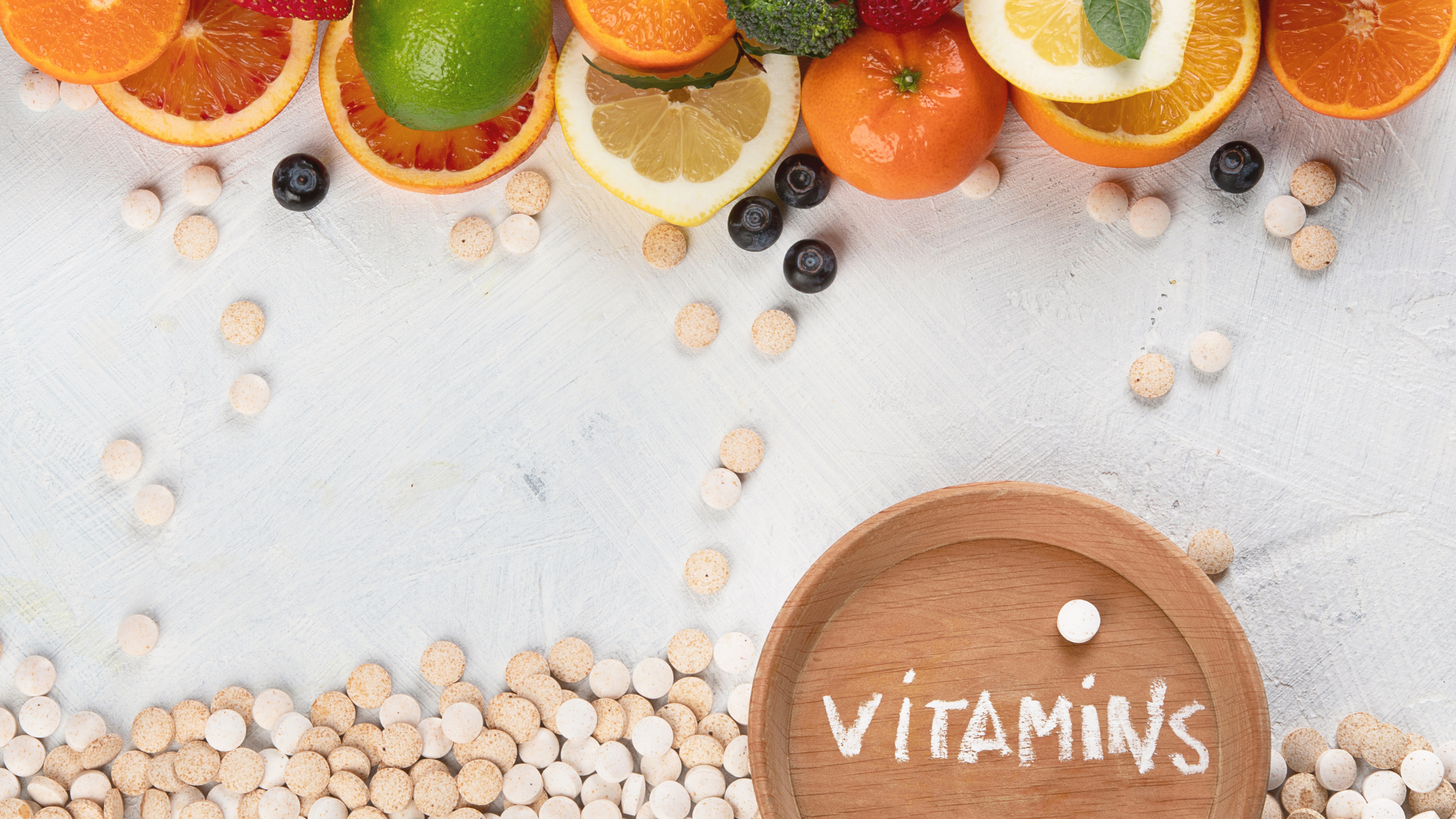
Liver Health and Supplements: What to Know
Table of Contents
-
- Understanding the Liver’s Role in the Body
- Why Liver Health Is Important
- Common Liver Health Concerns
- Natural Ways to Support Liver Health
- Key Nutrients That Help Maintain Liver Function
- Best Supplements for Liver Support
- How to Choose a High-Quality Liver Supplement
- Frequently Asked Questions (FAQs)
- Final Thoughts on Liver Health
- References
Understanding the Liver’s Role in the Body
The liver is one of the most vital organs in the human body, performing over 500 essential functions. It plays a key role in detoxification, metabolism, digestion, and hormone regulation.
Key Functions of the Liver:
- Detoxification: The liver filters toxins from the blood and converts harmful substances into waste products for elimination.
- Metabolism: It processes nutrients, converts carbohydrates into energy, and helps regulate blood sugar levels.
- Bile Production: The liver produces bile, which is essential for digesting fats and absorbing fat-soluble vitamins.
- Hormone Regulation: It helps balance hormones by breaking down excess estrogen, insulin, and stress hormones.
- Immune System Support: The liver helps produce immune factors that aid in fighting infections.
Given its crucial role in overall health, supporting the liver through proper nutrition, hydration, and targeted supplementation is essential for long-term wellness.
Why Liver Health Is Important
Modern lifestyles can put a significant burden on liver function. Factors such as processed foods, alcohol consumption, stress, and environmental toxins may increase the liver’s workload and impact its efficiency.
Signs That Your Liver May Need Support:
- Fatigue and Low Energy: A sluggish liver may impact metabolism, leading to persistent tiredness.
- Digestive Issues: Symptoms such as bloating, constipation, or difficulty digesting fats may indicate liver stress.
- Skin Problems: Acne, eczema, or dull skin may be linked to poor detoxification.
- Hormonal Imbalances: The liver plays a role in breaking down excess hormones; imbalances may lead to PMS, mood swings, or irregular cycles.
- Poor Alcohol Tolerance: If small amounts of alcohol cause discomfort or prolonged hangovers, it may indicate the liver needs support.
By taking proactive steps to support liver health, individuals can help maintain energy levels, hormone balance, and digestion while reducing the long-term impact of lifestyle stressors.
Common Liver Health Concerns
The liver is highly resilient, but certain factors can compromise its function over time. Some of the most common liver health concerns include:
1. Fatty Liver Disease
Fatty liver occurs when excess fat builds up in liver cells. There are two main types:
- Non-Alcoholic Fatty Liver Disease (NAFLD): Often linked to obesity, insulin resistance, and metabolic disorders.
- Alcoholic Fatty Liver Disease: Caused by excessive alcohol intake, which may lead to liver inflammation.
2. Liver Detoxification Overload
Exposure to environmental toxins, chemicals in food, and medications can burden the liver, making it harder to eliminate harmful substances.
3. Inflammation and Oxidative Stress
Chronic inflammation can impair liver function, while oxidative stress from toxins and an unhealthy diet may lead to cellular damage.
4. Sluggish Liver Function
Poor diet, stress, and dehydration may slow down bile production, leading to digestive discomfort, bloating, and skin issues.
While these conditions can impact overall wellness, adopting the right dietary and lifestyle changes can support liver function.
Natural Ways to Support Liver Health
Taking a proactive approach to liver wellness can help the body maintain its natural detoxification and metabolic processes. Here are some science-backed ways to promote liver function:
1. Eat Liver-Supporting Foods
Certain foods contain powerful antioxidants and nutrients that help maintain normal liver function. Some of the best foods for liver health include:
- Leafy Greens: Rich in chlorophyll, folate, and fiber, which support liver detox pathways.
- Cruciferous Vegetables: Broccoli, Brussels sprouts, and cauliflower contain sulforaphane, a compound that helps maintain liver enzyme activity.
- Beets: Contain betalains, which help the liver process toxins.
- Garlic & Onions: Provide sulfur compounds that aid in detoxification.
- Turmeric: Contains curcumin, which has been researched for its potential liver-supporting properties.
- Fatty Fish: High in omega-3 fatty acids, which support healthy inflammation levels.
2. Stay Hydrated
Water plays a crucial role in liver detoxification by flushing out waste products and supporting bile production. Drinking enough filtered water daily is essential for liver function.
3. Reduce Alcohol Intake
Excessive alcohol consumption can put strain on the liver. Limiting alcohol intake and choosing liver-friendly beverages like herbal teas can help support long-term liver health.
4. Manage Stress Levels
Chronic stress can contribute to hormonal imbalances and sluggish liver function. Practicing relaxation techniques such as meditation, deep breathing, and yoga may help support liver wellness.
5. Exercise Regularly
Physical activity supports circulation, helps regulate blood sugar, and encourages fat metabolism, all of which are important for liver health.
6. Support Gut Health
The liver and gut work closely together. Consuming fiber-rich foods and probiotics can support gut microbiome balance, which in turn supports liver function.
Along with these natural approaches, targeted supplementation can provide additional liver-supporting nutrients.
Key Nutrients That Help Maintain Liver Function
Certain nutrients and bioactive compounds play a crucial role in supporting liver detoxification and overall function. These include:
1. Milk Thistle (Silymarin)
Milk thistle is widely studied for its potential role in liver enzyme balance and antioxidant support. The active compound, silymarin, has been researched for its ability to help maintain normal liver cell function.
Research suggests that milk thistle may help support liver detox pathways and oxidative stress balance (National Library of Medicine).
2. N-Acetyl Cysteine (NAC)
NAC is a precursor to glutathione, the body’s master antioxidant. Glutathione plays a critical role in liver detoxification, helping neutralize toxins and support cellular repair.
3. Turmeric (Curcumin)
Curcumin, the active component of turmeric, has been researched for its ability to support normal inflammatory pathways and liver function.
Studies indicate that curcumin may help support liver enzyme activity (PubMed Study).
4. B Vitamins
B vitamins, particularly B6, B12, and folate, support liver metabolism and detoxification. They play a role in enzyme function and methylation, both of which are essential for healthy liver activity.
5. Dandelion Root & Artichoke Extract
Both dandelion root and artichoke extract have traditionally been used to support bile production and digestive function, which are essential for liver health.
6. Omega-3 Fatty Acids
Found in fatty fish, flaxseeds, and walnuts, omega-3s help maintain healthy inflammation balance and metabolic function within the liver.
Best Supplements for Liver Support
In addition to diet and lifestyle choices, supplements formulated with liver-supporting ingredients can provide targeted support. Some of the best clinically researched liver support supplements include:
1. Liver Health Formula
A comprehensive liver support supplement should contain a blend of milk thistle, NAC, turmeric, and antioxidants to help maintain normal detox pathways.
2. Glutathione Complex
Glutathione is essential for neutralizing oxidative stress and supporting liver enzyme function. Supplementing with liposomal glutathione may enhance absorption.
3. Bile Flow Support
Formulations that include dandelion root, artichoke extract, and digestive bitters can help support healthy bile production and digestion.
4. Omega-3 Fish Oil
High-quality molecularly distilled omega-3 supplements support metabolic function and help maintain healthy inflammation balance in liver tissue.
When choosing a liver support supplement, it’s essential to ensure high-quality sourcing, clinical research, and third-party testing.
How to Choose a High-Quality Liver Supplement
Not all liver supplements are created equal. To ensure safety, efficacy, and bioavailability, look for supplements that meet the following criteria:
1. Clinically Studied Ingredients
Look for supplements containing research-backed ingredients such as milk thistle, NAC, and turmeric. Ingredients should be standardized to ensure consistent potency.
2. Third-Party Testing & Certification
High-quality supplements should undergo independent lab testing for purity, heavy metals, and contaminants. Certifications from organizations like NSF, USP, or GMP indicate higher quality standards.
3. Free from Artificial Additives
Avoid supplements containing synthetic fillers, artificial colors, and unnecessary preservatives. Clean formulations focus on pure, active ingredients.
4. Bioavailability & Absorption
Some liver-supporting nutrients, like curcumin from turmeric, have low natural absorption. Look for formulations that include bioavailability enhancers such as black pepper extract (piperine) or liposomal delivery.
5. Reputable Brands & Practitioner Recommendations
Brands that prioritize transparency, ethical sourcing, and clinical validation are more reliable. Checking for positive practitioner reviews can also help identify trusted formulations.
Frequently Asked Questions (FAQs)
How can I naturally support my liver?
A combination of nutrient-rich foods, hydration, stress management, and liver-supporting supplements can help maintain liver function. Reducing alcohol intake and avoiding processed foods also play a crucial role.
What nutrients are best for liver health?
Key nutrients include milk thistle, NAC, turmeric, glutathione, B vitamins, and omega-3s. These compounds have been studied for their ability to support liver detox pathways and metabolic function.
Can supplements help with fatty liver?
While supplements alone cannot reverse fatty liver, nutritional strategies combined with exercise and a healthy diet may support fat metabolism and normal liver function.
Should I take a liver supplement daily?
Liver supplements can be taken daily as part of a long-term wellness strategy. However, it’s essential to follow dosage guidelines and consult with a healthcare provider if taking medications.
Are liver cleanses necessary?
The liver has its own built-in detoxification system. Instead of extreme cleanses, a balanced diet, hydration, and supportive nutrients provide sustainable liver support.
Final Thoughts on Liver Health
The liver is one of the most vital organs in the body, responsible for detoxification, metabolism, digestion, and immune function. Maintaining liver health through proper nutrition, lifestyle choices, and supplementation can support overall well-being.
Key Takeaways:
- Liver health is essential for detoxification, metabolism, and hormone regulation.
- Diet plays a crucial role, with leafy greens, cruciferous vegetables, and omega-3s supporting liver function.
- Supplements like milk thistle, NAC, and glutathione can provide additional liver support.
- Choosing high-quality supplements with third-party testing ensures safety and efficacy.
By adopting healthy dietary habits, managing stress, and using targeted liver-support supplements, individuals can take proactive steps to maintain optimal liver function.









